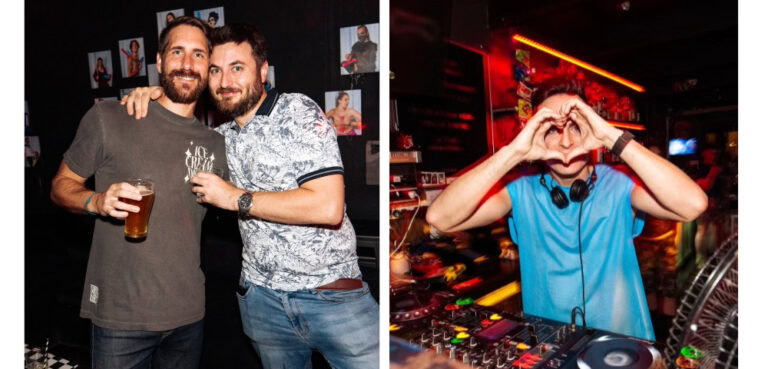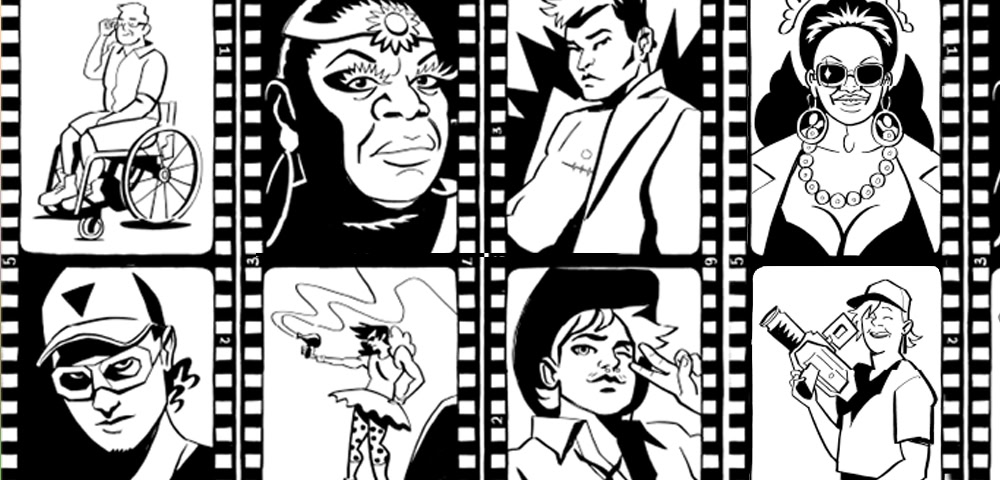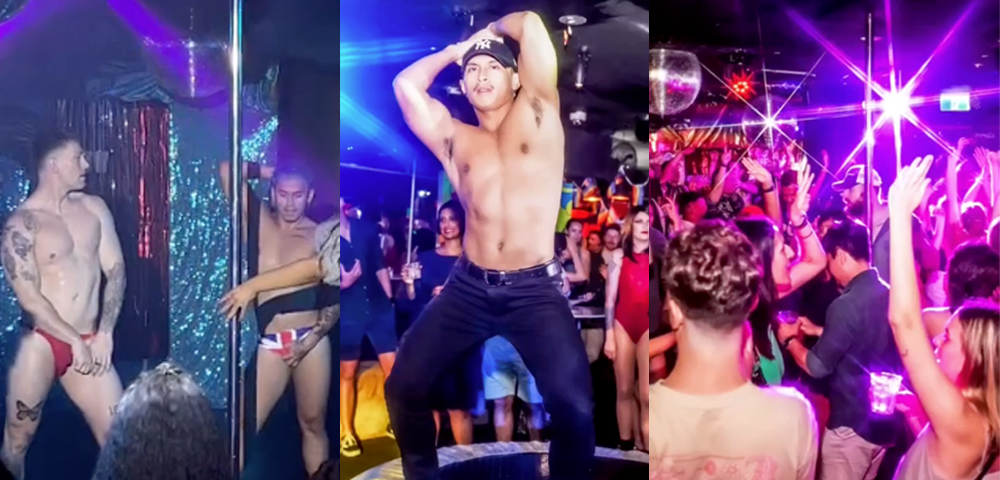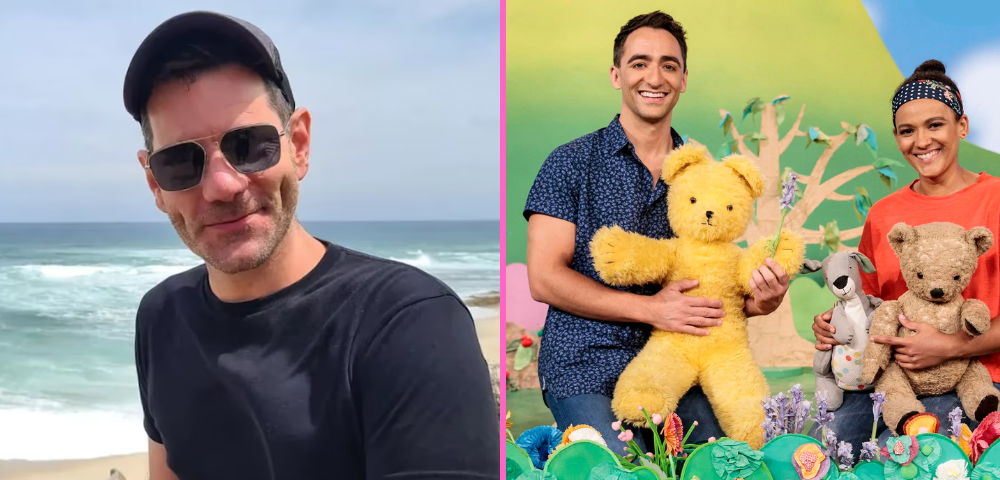
Bigoted sledges in sport on way out

AUSTRALIA’S biggest sports have indicated they will follow the AFL’s lead in banning homophobic sledges by players during games.
The pledge came as the chief executives of Australia’s five largest professional sporting bodies – AFL, NRL, Australian Rugby Union, Football Federation Australia and Cricket Australia (all pictured above) – signed up to the new Anti-Homophobia and Inclusion Framework.
The codes were brought together by the organisers of global gay rugby tournament, the Bingham Cup, which will be held in Sydney this August.
AFL extended its policy against on-field racial and religious discrimination to homophobic abuse five years ago. At yesterday’s event, held at Commonwealth Bank’s Sydney head quarters, the other codes said they would extend the scope of their anti-discrimination policies to include homophobic conduct by August.
NRL chief executive Dave Smith said the code needed to ensure “the words that we speak carry through into practice.”
The revamped policy would guide the NRL on how they responded to future homophobic incidents in addition to “teaching people what the rights and wrongs are as well as punishing where we need to.”
FFA’s David Gallop said soccer was working with the Bingham Cup to bring homophobia into its broader discrimination policies.
However, Bingham Cup Sydney president Andrew Purchas said simply stamping out vilification was a “low bar” and clubs needed to go further.
“What we will be expecting is that it’s not just about stopping sledging, it’s about welcoming everyone,” he said.
In addition to tackling homophobia, the framework aims to increase education in clubs around gay, lesbian and bisexual issues, encourage partnerships with groups from those communities and to mandate the codes to publicly report on their progress.

An anti-homophobia advert has also been produced, featuring sports stars including soccer’s Harry Kewell and Alessandro Del Piero, rugby union’s David Pocock and basketball’s Lauren Jackson.
The policy, which is supported by the Australian Human Rights Commission and Australian Sports Commission, does not cover intersex or gender identity discrimination.
While the sporting codes have signed up to “implementing policies consistent with the framework,” they are not committed to acting on all of the framework’s recommendations.
Purchas said it was the first time that all the major codes in a country had come together in this manner: “Each have taken steps to fight racism and sexism and they all recognise they need to do more to address homophobia.”
Talking to the Star Observer, Purchas said he hoped the framework would be a main legacy of the Bingham Cup: “When we won the Bingham Cup we sat down and the made the conscious decision that, do we run a rugby tournament, or do we do something bigger?”
Out gay vice captain of the female Australian cricket team, Alex Blackwall, welcomed the commitment. She said it showed “very strong and clear leadership to tackle homophobia in sport.”
Sydney Swans player Mike Pyke said an environment where players and fans could come out needed to be created: “From an ethical standpoint it’s important to me that people feel comfortable and don’t feel threatened or ostracised.”
Earlier this week, former NRL players Matthew Johns, Gordon Tallis and Nathan Hindmarsh also voiced their support of tackling homophobia in sport.
Asked how the codes would measure the success of the initiative, AFL chief executive Andrew Demetriou, said: “The most tangible outcome is people feel they are equal and the need for such a policy becomes minimal.”

(Main image: CEOs from Australia’s five major sporting codes gather to show the commitment to make sport more inclusive. Picture: Ann-Marie Calilhanna; Star Observer)
PICTURES: Bingham Cup press conference anti-homophobia announcement
PICTURES: Bingham Cup reception at NSW Government House Pt I
PICTURES: Bingham Cup reception at NSW Government House Pt II










Great step in the right direction.
It will only be effective when an A.F.L player comes out as openly gay that this will be a real success story.
That there’s an ambivalence to do it now suggests there are still issues of being accepted in this culture.
I eagerly anticipate that day when they say it’s ok to be gay and play for Collingwood.